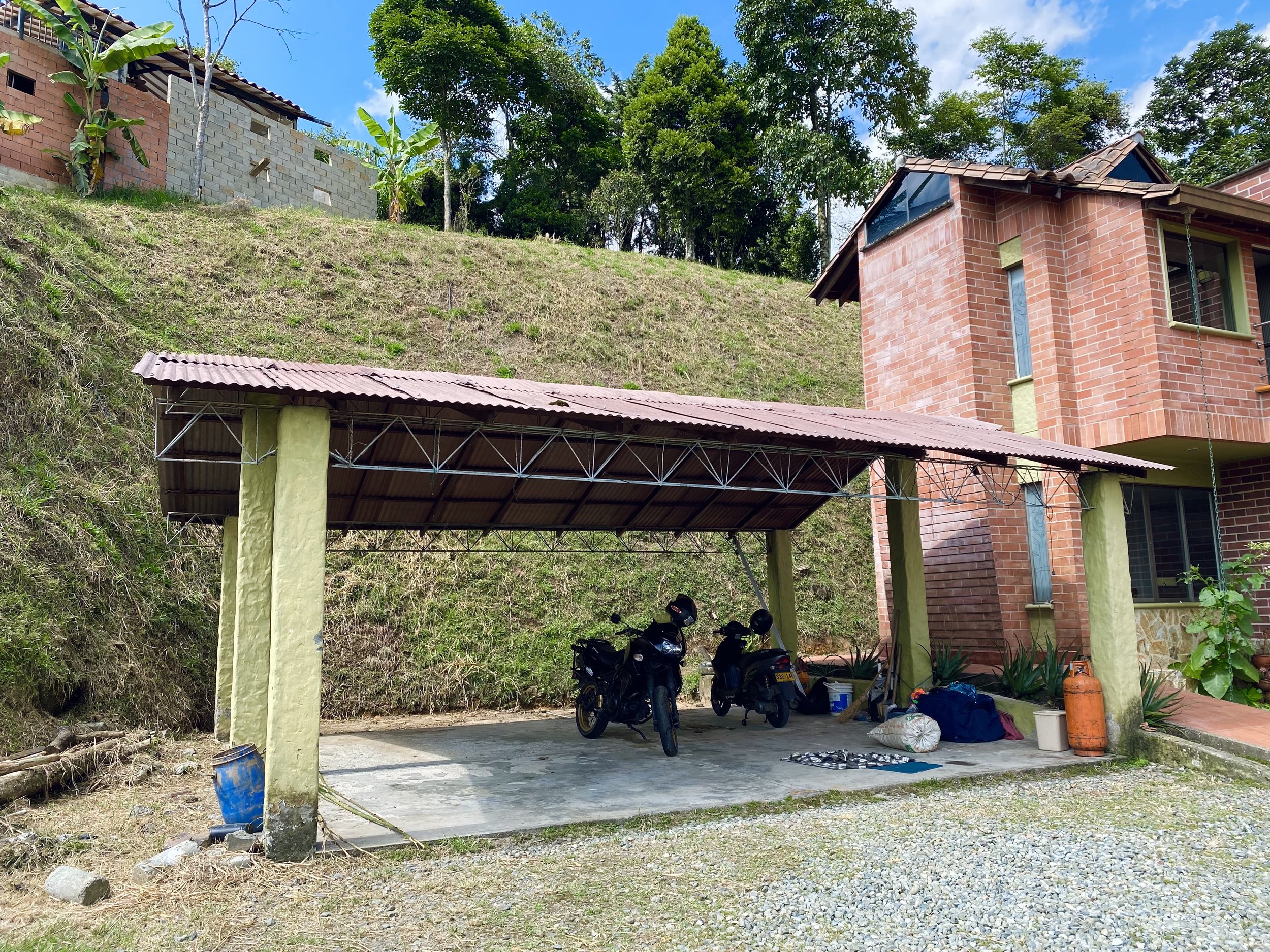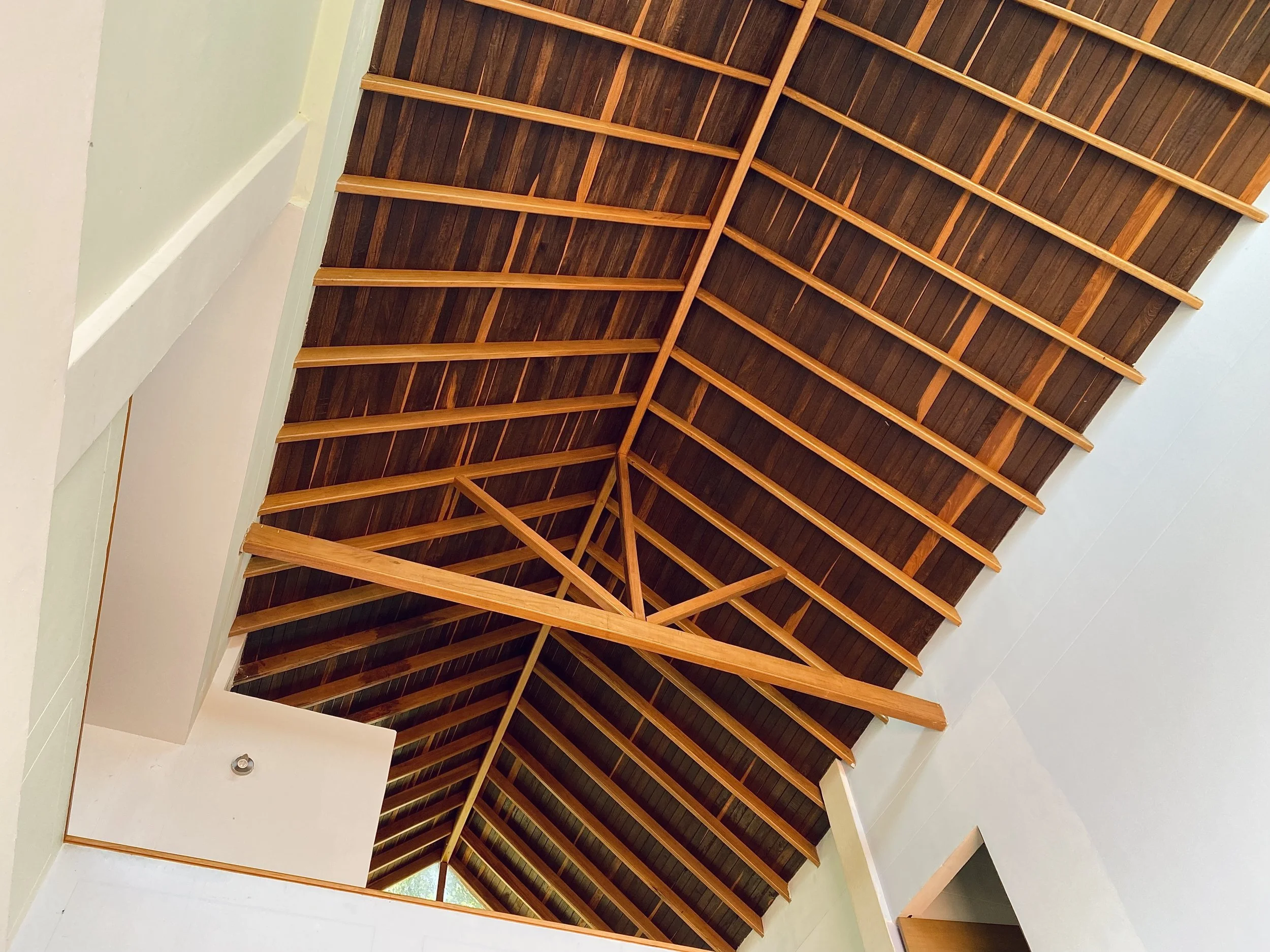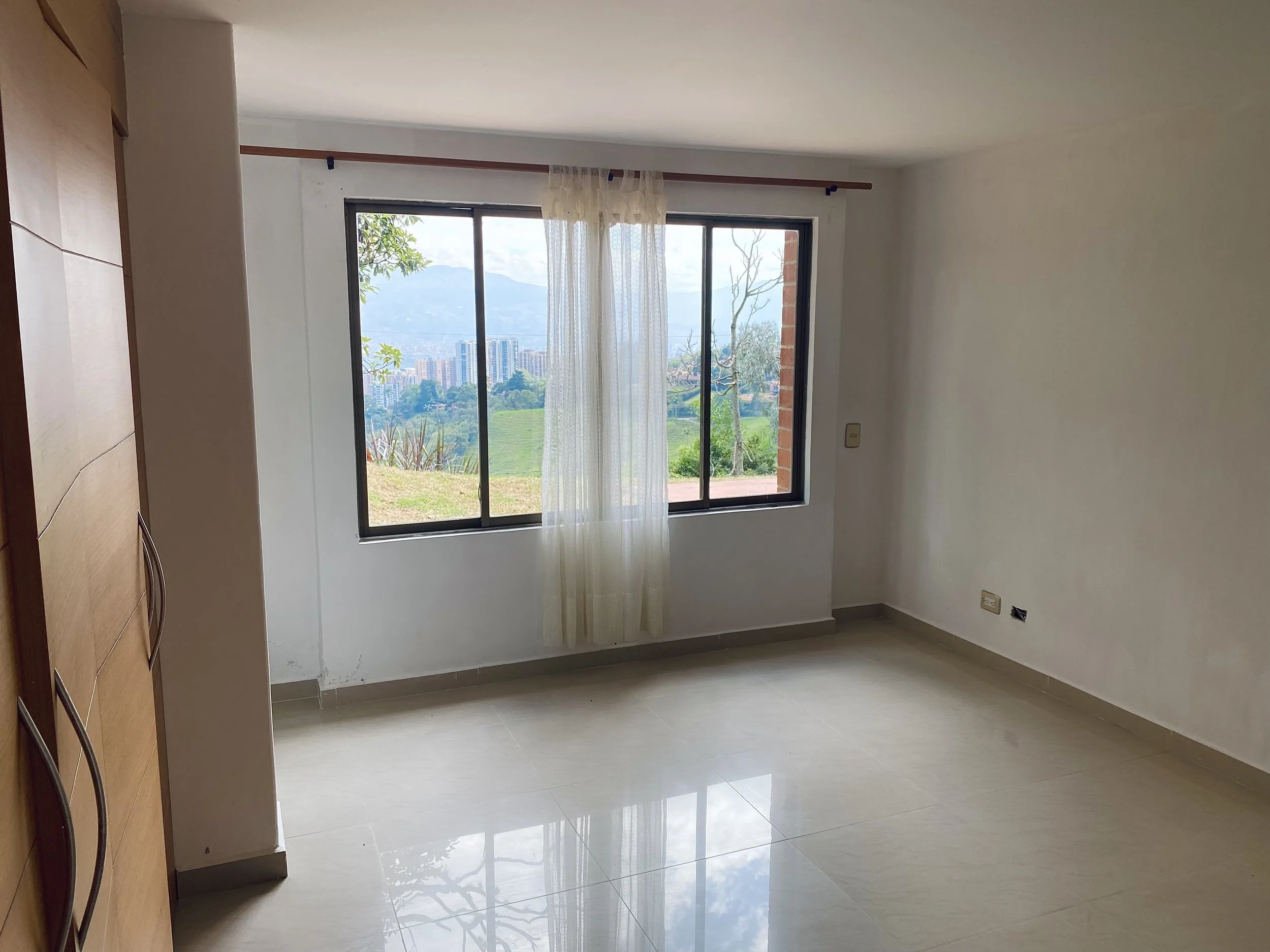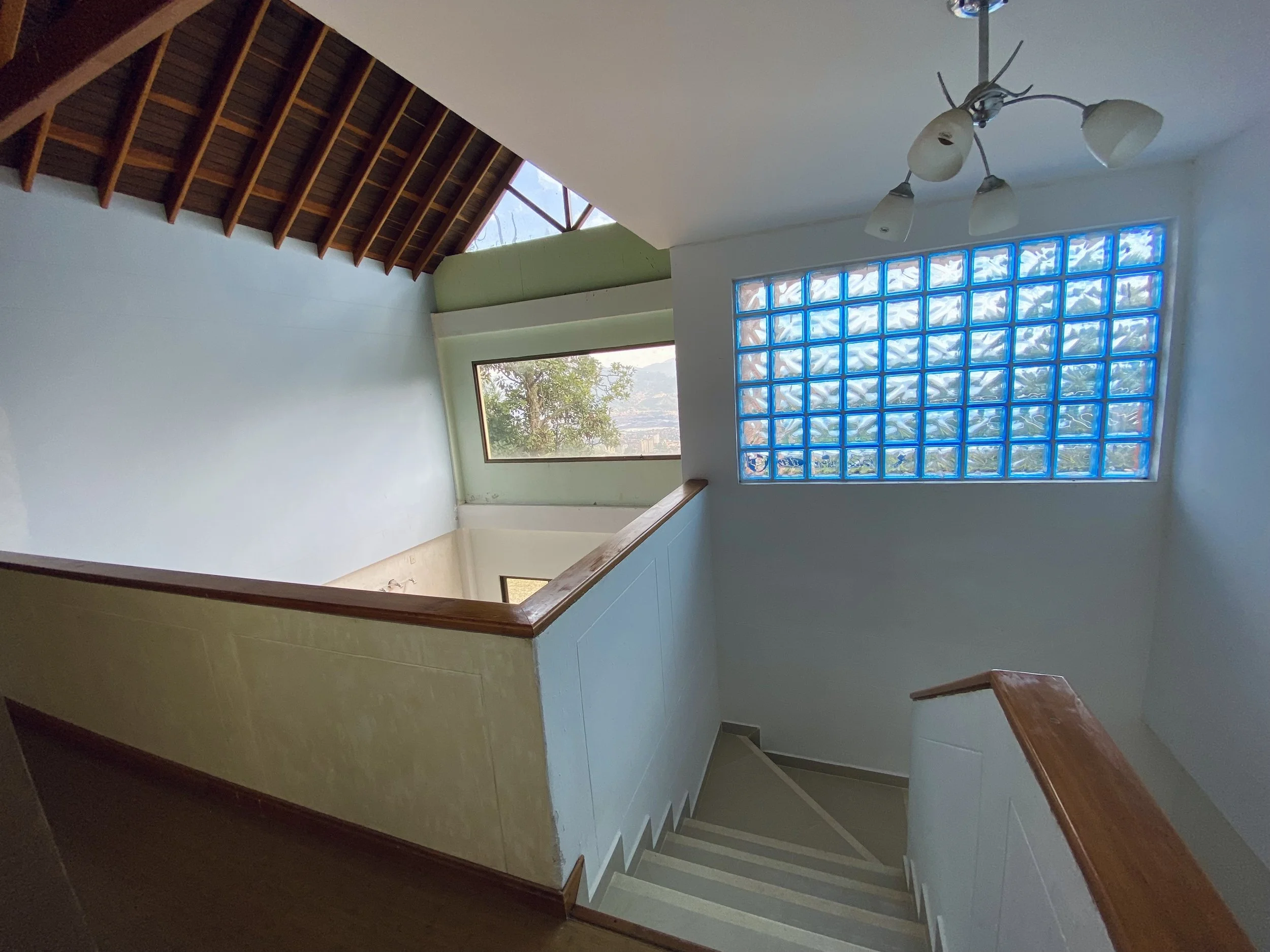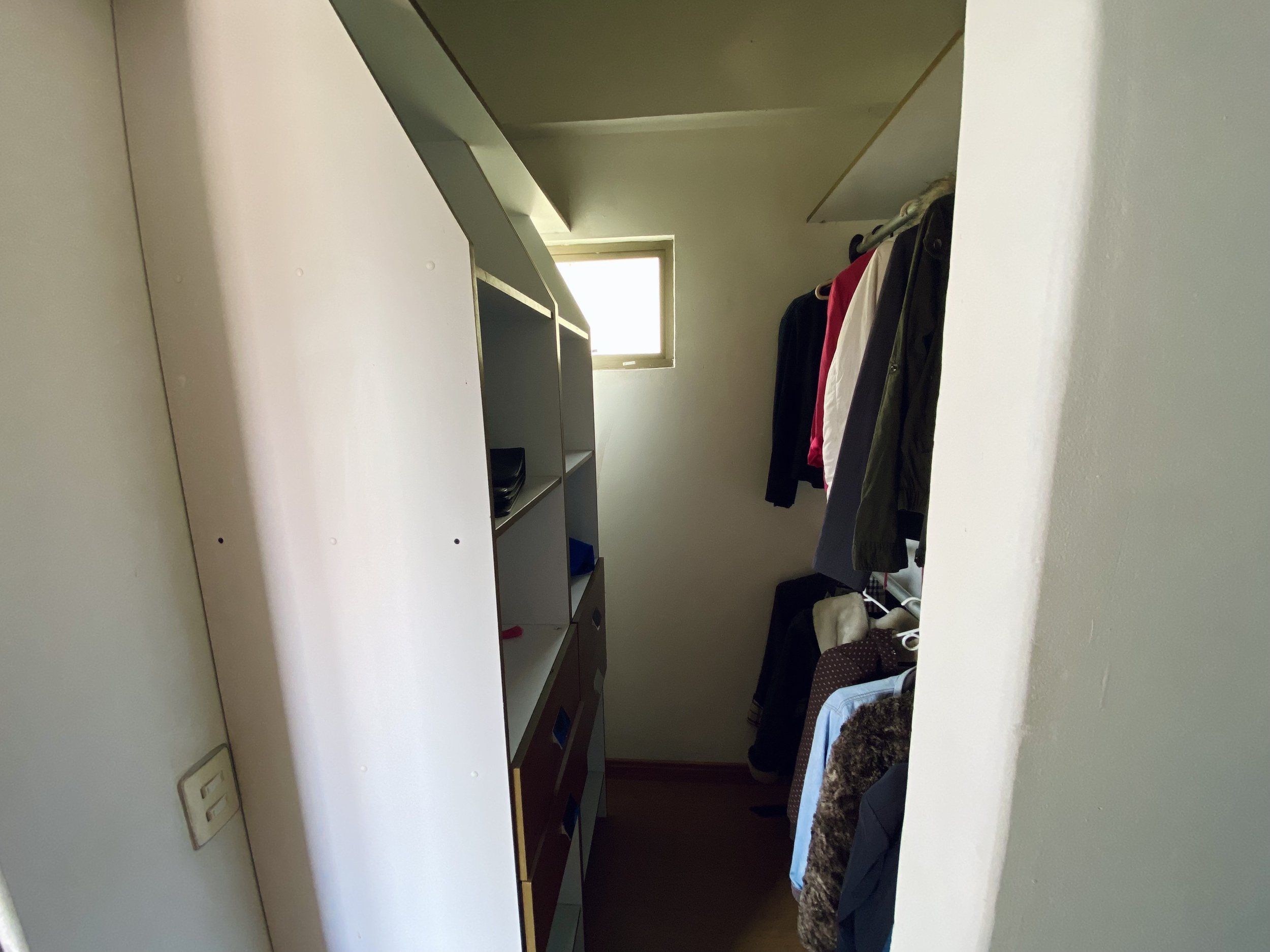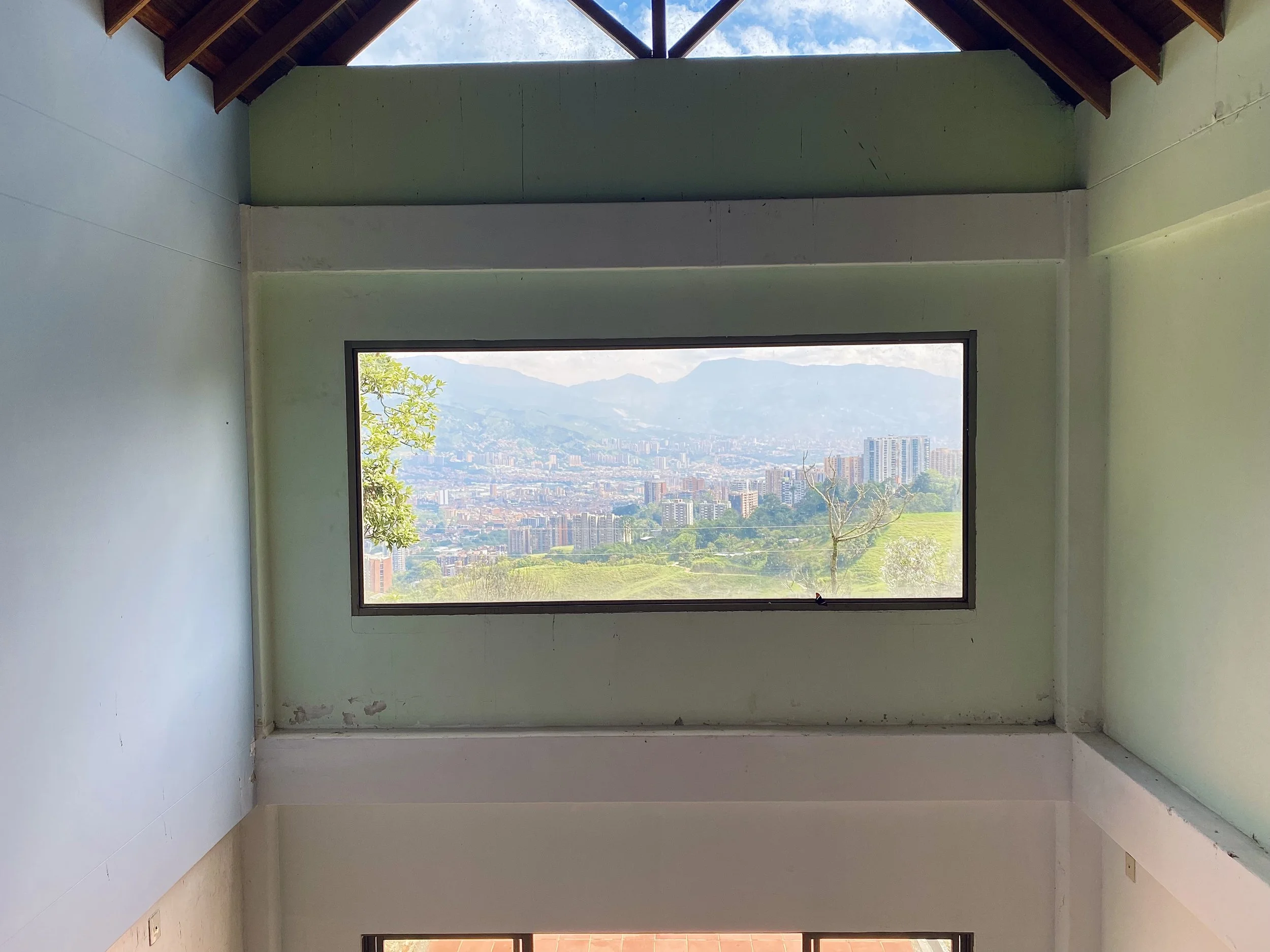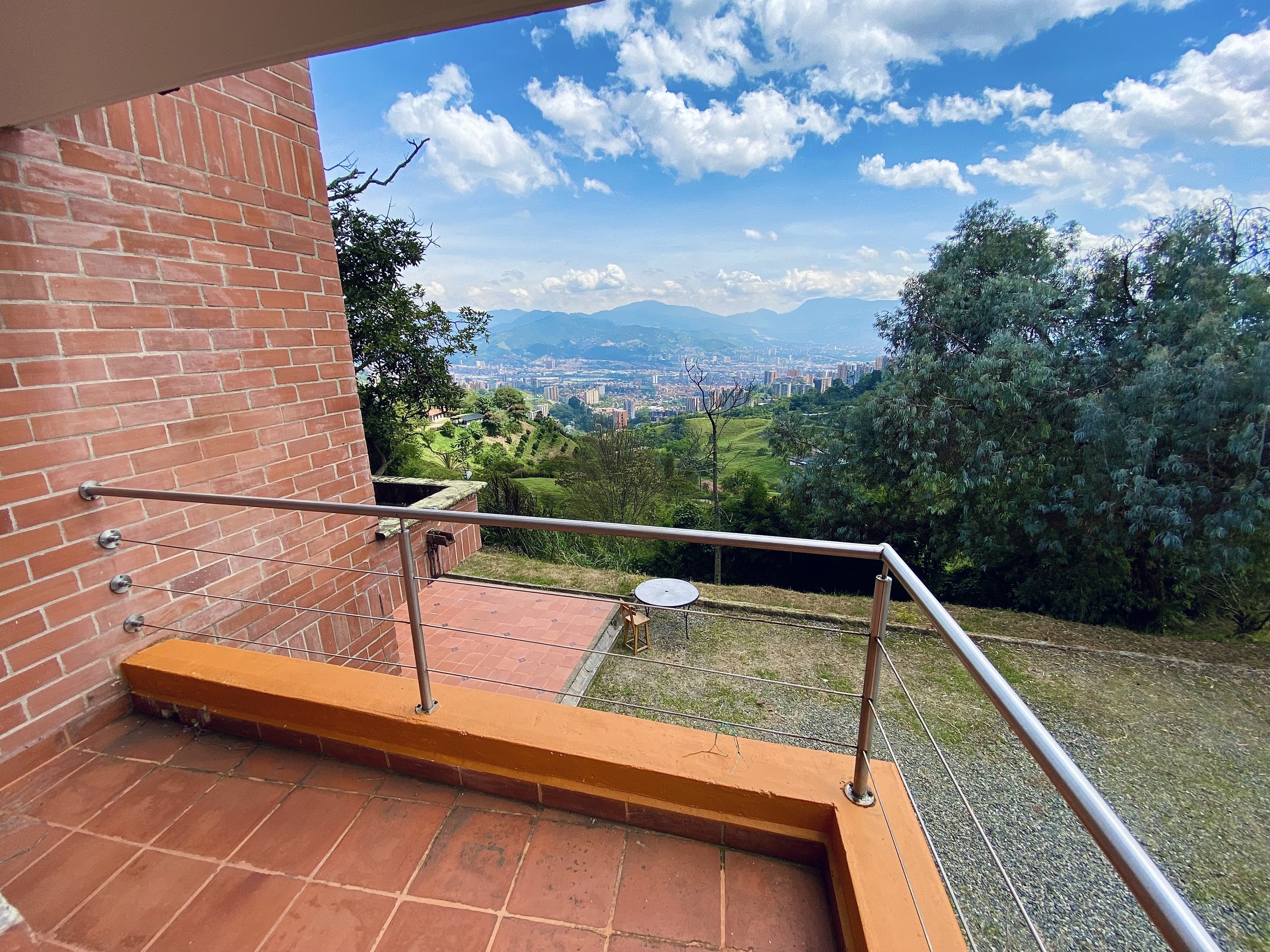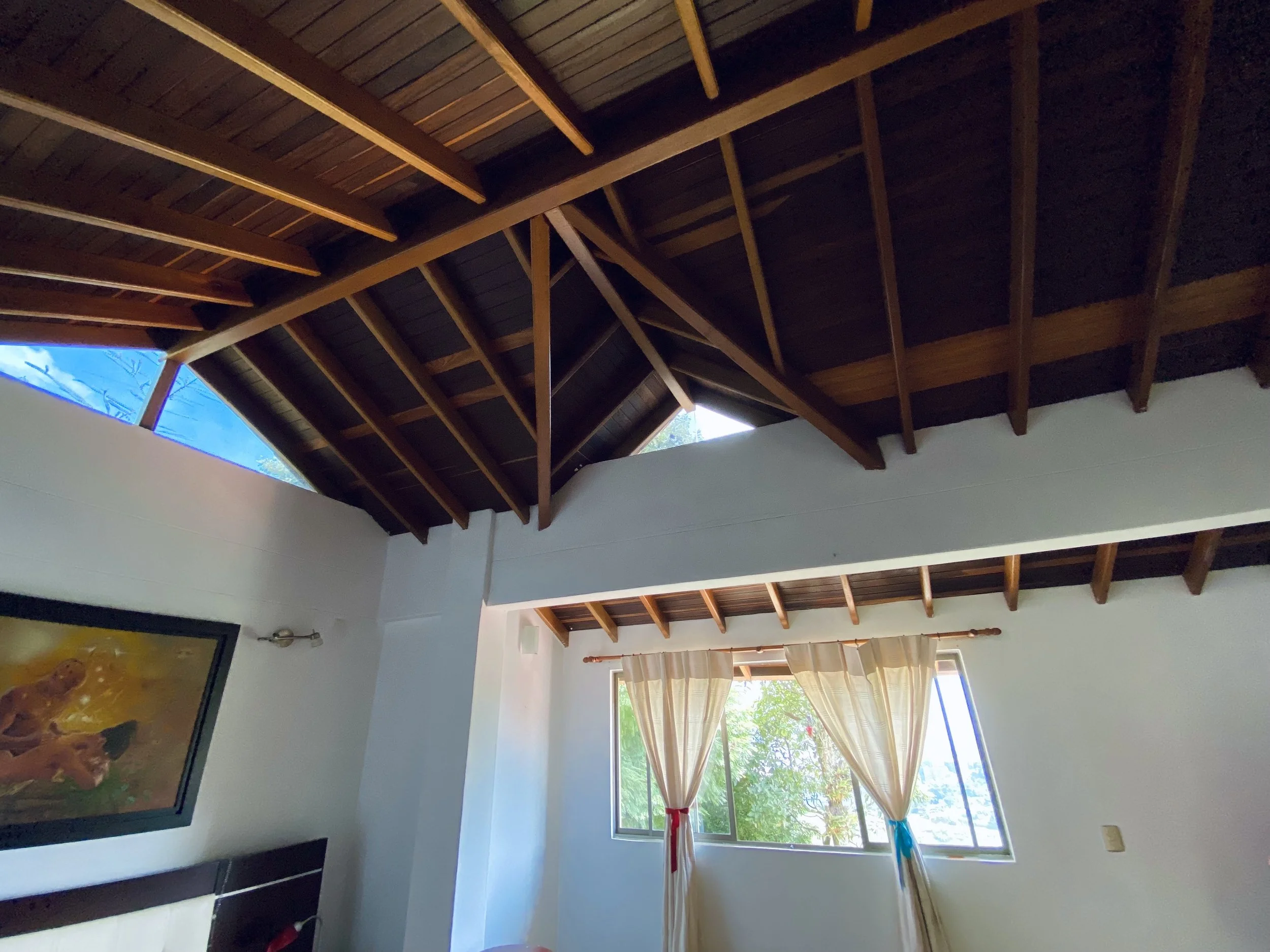Hazards in pre-1990 Homes
Hazards to watch out for in homes built before 1990.
Photo by Michael & Diane Weidner on Unsplash
Governments and regulatory bodies establish and enforce new safety regulations and standards across industries every year. Construction companies, specifically home builders, have seen several compliance requirements be established in the last thirty years. However, the homes built before those mandates were in place can pose significant health risks for their owners.
Here are dangers to watch out for when buying older properties:
Lead
Government banned the consumer use of lead-based paint in 1978. It can be found in plumbing fixtures and paint, and can affect brain development in children, as well as cause headaches and abdominal pain. Sellers must disclose the presence of lead-based paint in the home.
Asbestos
Exposure to asbestos can cause cancer and mesothelioma. It was commonly used in insulation, sheathing, vinyl floors, “popcorn” ceilings and roofing felt. The EPA issued a ban in 1989 on most of these products. Consult a professional to analyze samples, and plan accordingly depending on the results. Exposure is riskiest when fibers are damaged and can become airborne.
Mold
Mold can present itself in homes of any kind, new and old. Homes that lack ventilation or that have been affected by water damage in the past are at most risk. It can grow in windows or pipes, drywall, carpet, ceiling tiles and wallpaper. It can cause itchy eyes and skin rashes. Sometimes insurance companies may cover remediation, specially if the mold was caused by a leak.
Always remember to consult your real estate agent about the presence of these hazards in older homes.
The new Lead of Luxury Markets: Millennials
There’s been a new and significant shift in the luxury real estate market: Millennials are now responsible for nearly 60 percent of purchases for homes 3 million dollars and above, according to a new report by Engel & Völkers, a multinational real estate firm. This change has seen those born between 1981 and 1996 take the top spot from baby boomers (born from 1946 to 1964). Most of these luxury millennials are buying their second home and prefer locations near recreational attractions, like bars, restaurants, theaters, spas and gyms. They also prefer neighborhoods with amenities, including pools, dog parks and children’s playgrounds. Although baby boomers will continue to influence the economy, they are now empowering the younger generations, like Millennials and Gen-Xers, with the financial means to lead the future of the luxury segment of real estate.
It comes without question that many will wonder how, exactly, these many Millennials are able to afford 3+ million dollar properties. Talking with several real estate agents in my network, the question mostly traced back to the same answer: inheritance. The wealth left behind by the decreasing population of Baby Boomers is without a doubt being inherited by their children and grandchildren, one agent said. “Many of them [baby boomers'] own large acres of land, which has seen exponential price increases not only in the last four years, but in the last fifty.” An interesting study would thereby look into this observation to ascertain whether this is the case. It’s no secret that Millennials are not seeing the same economic growth previous generations did. A Bloomberg article from 2021 reported that 40 year old Millennials at the time were only 80 percent as wealthy as their parents at the same age. “Millennials in the U.S. at 40 are doing worse financially than the generations that came before them,” the article stated. “Fewer millennials own homes than their parents did at their age. They have more debt — especially student debt. They simply aren’t as wealthy.” So there’s more to this shift than the Engel & Völkers report is able to look into. Nonetheless, real estate agents need to adapt to this new shift and tackle the opportunities it presents.
A Walk Through Kissimmee Bay
In this video Daniel Araque walks us through the great attractions of the Kissimmee Bay community. This upscale and well-established enclave features direct access to lake Toho, and an eighteen-hole championship golf course.
Casa Finca for Sale in Medellín
Para más información no dude en escribirnos / For more information don’t hesitate to contact us.
5.5% Interest and What it Means
Before starting my day each morning I open my Mortgage News Daily app and check the current interest rate for thirty-year fixed loans. Changes in inflation and the volatility of nearly all markets in the last sixteen months forced the Federal Reserve to introduce robust policy changes, which recently impacted homebuyers more intensely. These interest changes have been almost as volatile as the global markets themselves, oscillating between 5.2 percent at the end of May, to 6.28 percent the fourteenth of June, and now sitting comfortably at 5.5 percent as of this morning. Many homebuyers expected, somewhat correctly, the increased rates to curve the real estate climate from the competitive (and mostly toxic) seller’s market of the last two years to a more accessible buyer’s market, where bidding wars and appraisal gaps would no longer be the norm. And although this has been the case to some extent, we’re still seeing the most attractive listings receive upwards of five offers and sellers still unwilling to budge in any of their strict, irrational demands. So what have the rate changes truly achieved, and will there be a plummet of home prices in the future?
“We’re going to wait a few months before looking again,” one of my clients said to me recently. “Homes are still too expensive and we think they’ll drop to normal levels again.” In my years as a real estate agent I've learned to pick my battles. My number one job is to protect my client’s interests, whether they're buyers or sellers, and get them the best deal while traversing the often thorny path towards closing. So when a client makes a decision more akin to a personal life choice, I step back and allow them that right. (Many agents will roll their eyes at this, proclaiming we are salesmen and must sell at all costs.) But I'm tempted to ask, what are normal levels? If the annual inflation rate in the United States in 2021 was seven percent, why would you think this will get reversed out of thin air? Inflation devalues money, and it’s reflected in higher prices everywhere. We must also account for out-of-state buyers, mainly from New York and California, who think the current home prices in Florida, while high for locals, are a steal in comparison. They're buying cash and over-purchase price, waiving inspections and appraisals, setting new home values for entire neighborhoods while doing so.
Although the Federal Reserve’s policy changes caused a slight leveling of home prices, we’ve observed a sharper decline in the number of overall qualified buyers. Those who qualified for a 500 thousand dollar home three months ago suddenly have to be more mindful about their budget. Several agents have seen their deals go sour as their clients couldn't get a reasonable rate locked in — reminding buyers that a pre-approval is only a snapshot in time of their financing potential, always at the mercy of any national and global trends. And while some continue to wait for a better time to buy, companies like Disney are taking advantage of new developments and setting up regional hubs that will change the average income per capita of the area by relocating workers from California. “I saw two-bedroom apartments they’e planning to rent for thirty-five hundred dollars,” said one my coworkers about a neighborhood in Lake Nona. “To us it’s crazy but to people from that state it’s normal, or even cheap.” If the average wage for these Disney employees is 120 thousand dollars annually, according to the Orlando Economic Partnership, they can easily buy any home in Lake Nona and Orlando — why would home prices drop?
There’s one way I see home values declining a considerate amount — a way that supersedes inflation, appraisals and the solidified market value of sold homes, and the price influence from out of state money: global economic collapse. Consumer-spending data is fueling worries about a recession. Gas continues to break record highs. Russia is unrelenting in its attack on Ukraine. China waits. If something happens at a global scale all markets will take a hit, but, for now, expecting that 400 thousand dollar home to go back to 280 is a dream better left in the past.
Thoughts From Realtors: The Current Market
“We received 29 offers on this property and after sorting through all of them the sellers have decided to accept a different offer.”
Home buyers across the United States who are trying to take advantage of record low mortgage rates are often met with the bad news that the home was sold to someone else. Low inventory and an onslaught of new buyers gave rise to the current sellers’ market, which, from the books of ECON 101, means prices are going up, up, up. I'm not looking to explain what’s happening, as many other articles, YouTube videos and think-pieces have done so already, but, rather, I want to discuss what could be coming next. Despite the number of active buyers making this market as competitive as it is, there’s another set of qualified buyers who’ve chosen not to buy, yet. “I think there’s a crash coming,” said one of my out-of-state clients last week. “There’s something weird going on — I don't know what, exactly, so I rather wait and see what happens.” This is a fair and increasingly common assessment of the current situation — after a year of lockdowns and massive unemployment caused by COVID-19, why is everyone suddenly able to buy a home? Buyers, sellers, realtors, and everyone else are asking themselves this same question, ultimately leading to the mother of all questions: what’s the future of this market? I presented this and other questions to two of my coworkers during our last work meeting to get a quick answer for an otherwise difficult situation to evaluate.
Is this a good time to buy?
Cristian: This is still a good time to buy because of the low interest rates but I think this will be be short lived and the market will normalize itself in the next 24 months.
Juliette: It depends whose perspective you’re looking at it from. If I sell my house in another state and move to Florida I’m looking at a better lifestyle. So for them it’s probably a good time; If you’re moving from somewhere else in Florida, I would say wait.
What will the market look like afterwards?
Juliette: I’m not 100% sure but the way it’s looking referencing specs from last year versus this year I project a continual increase.
Cristian: In the next 12-24 months we will see the interest rates start to go up and prices going down and we will welcome a buyers market.
As expected, my coworkers thoughts were somewhat split through the middle. What the Orlando market (and perhaps others around the United States) will look like a year from now is a question no one has the answer to. But like the saying goes, there are two types of people in this world… those who think the market will crash, and those who think homes will retain their value or even go up more over time. A crash — or correction — is easy to explain and imagine, but a continual increase in home value is a scenario that also enjoys a set of circumstances that back it up.
It’s no surprise that the influx of new buyers to Orlando are coming mostly from states like California and New York. Those from the latter used to come in search of better weather; now they're escaping failed policies that left their economy in shambles. And it’s not only people who are leaving — large companies are relocating to friendlier states, like Tesla’s recent move to Texas. As companies and people move, their money moves with them. And as that money gets invested into real estate, you start to see the value of the market change. “What decides the value of a home is the market, nothing else,” my broker reminded the team in our last meeting. “If a home in a specific neighborhood sells at a record high, every other home in that neighborhood benefits from it.” So the new money from other states making its way into Orlando is inadvertently reflected in home prices all over, as we’re seeing lately. And those with the buying power to pay a premium price for a home are squeezing out those first-time homebuyers who were hoping to buy a piece of America. This is what eventually leads us to those 29 offers for a single home, only one lucky winner, and 28 sad real estate agents pouring themselves another drink.
“People are saying Orlando is the new L.A.,” a coworker said as we neared the end of the meeting. If this is the case then what we’re seeing now, despite the rate of change in home values over the last year, can still be considered homes for cheap. Otherwise it’s nothing more than a frenzy. Truth is, many things can influence the market, and at the end of the day buyers and sellers have to decide for themselves whether it makes sense for their family to buy or sell. Decisions should be made according to specific goals beyond the current monetary value of a home, and whether a correction or further spike is something said family can live with or afford.
For any real estate related questions don’t hesitate to call or write to us. We’ll be happy to help!
Understanding Closing Costs
Photo by Gabrielle Henderson
One of the main obstacles buyers often seem to overlook are the costs associated with the purchase of a new home. Naturally, a buyer’s main concern — beyond securing financing — is simplified to finding the perfect home. But before that home’s title gets transferred to the new owner, there are closing costs that both seller and buyer need to pay. Some of these are shared and split “down the middle,” like prorated property taxes and HOA dues, but others are specific only to the seller and the buyer. In real estate this is simply known as “cash to close,” and, for buyers, it could be anywhere between three to five percent of the purchase price of the home. However, in order to obtain the most accurate estimate, a real estate agent can share the information of a specific home with the buyer’s lender, who will thereby calculate what the final costs could look like.
The simplest way to understand closing costs is to think about the parties associated with the sale of a home. These costs, then, are broken down between fees from the state, fees from the title company and lender, and fees to the realtor. (As a buyer, your real estate agent is “free” to you. There’s only one small brokerage fee paid to their company.) Each of these parties costs are reflected as a percentage of the purchase price or a set amount per transaction. There could be small variations depending on the title company or lender, and whether you’re a cash buyer, or are using a conventional or FHA loan. The list below shows and explains some of the costs you’re likely to see in your final settlement statement.
Closing Costs
Origination Fee
Payment to lender to evaluate your credit, and to underwrite and process loan.
Discount Points
Paid to lender at closing to reduce interest rate over life of mortgage.
PMI or Mortgage Insurance (Conventional Loan)
Required if down payment is less than 20%. Protects lender if you default.
Appraisal Fee
Paid to appraiser to confirm home’s fair market value.
Title Search
Covers cost to confirm seller owns property, and that title is free from liens.
Title Insurance
Protects lender and (optionally) you if title claim surfaces later.
Termite Inspection Fee (Free for VA loans)
Inspection required to certify home is free of termite damage.
Survey Fee
Charge to verify property boundaries.
Buyer Trans-Fee
Paid to cooperating buyer’s agent brokerage.
Flood Certification Fee
Covers costs to determine if home is in federally designated flood zone. If it is, lender will require you to purchase flood insurance. Some lenders also charge separate flood monitoring fee to check for flood map updates.
Prepaid Interest
Covers mortgage interest due between date of closing and first mortgage payment.
Prorated Property Tax
Covers property taxes from date of closing to end of tax year.
Homeowner’s Insurance
Typically you'll pay full first-year costs upfront at closing.
Homeowner’s Association Transfer Fee
Paid on properties governed by associations to transfer ownership documents to you.
Initial Escrow
Lender may require first two months of next year’s homeowner’s insurance, flood insurance and property taxes to build up reserve.
Closing or Settlement Fee
Paid to title company, attorney or escrow company that conducts closing.
Recording Fee
Paid to state to record transfer of property from one owner to another.
Transfer Tax
Paid to state, based on the amount of the mortgage.
If you have any questions pertaining to this topic or any other regarding real estate, please reach out to me. I’ll be happy to further discuss your goals and what are the best steps forward.
Guide for First-Time Home Buyers
Photo by Avi Waxman
I’ve decided to buy — now what? Reasons to buy a house are different for everybody but the process to close is relatively the same for all. Certain steps may not be present in some deals — a cash buyer can sidestep things a buyer with a loan cannot — and the completion of the purchase could fluctuate between thirty to forty days. But in the best interest of the buyer, the road to ownership presents many opportunities to get the best deal. The chart below is a visual representation of the buying process, and breaks down the steps the buyer can expect during the window before closing.
The buyers’ best guide is their real estate agent, so it’s important to be transparent every step of the way and have a clear set of goals.
If you have any questions pertaining to this topic or any other regarding real estate, please reach out to me. I’ll be happy to further discuss your goals and what are the best steps forward.
Buyer Step # 1: Financing
Photo by Micheile Henderson









